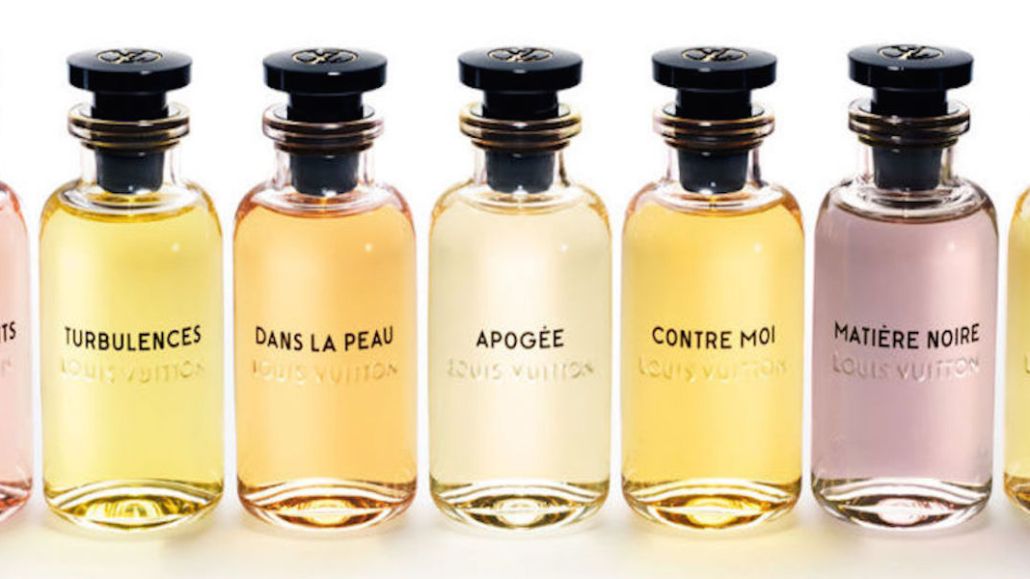Secure your place at the Digiday Media Buying Summit in Nashville, March 2-4


Though efforts in sustainable fashion production continue to expand and evolve, the beauty industry has been slow to follow, particularly when it comes to fragrance.
As luxury brands like Louis Vuitton and Gucci increasingly add fragrances to their product portfolios, few have prioritized eco-friendly ingredients and certified processes for developing perfume formulas. However, Swiss jeweler Chopard announced earlier this week that it will launch a series of unisex fragrances made from sustainable ingredients, sharing the news with the help of Livia Firth, founder of the sustainability organization Eco-Age. It was a significant move, particularly as several independent perfume brands have long touted natural ingredients and recycled packaging, though few major fashion and beauty brands have followed suit.
Eric Korman — CEO and founder of Phlur, an online fragrance company launched in June 2016 — said the disconnect is a result of a lack of stringent protocols on perfume development and ingredient listing. Despite the fact that many scents are derived from natural plant and flower products, the Food and Drug Administration doesn’t require ingredient transparency, a practice Phlur enforces regardless.
Another challenge for brands is navigating differing perspectives on fragrances that are botanically derived versus those made with synthetics. Nannette Pallrand, founder of the natural fragrance line Rich Hippie, said she created her company in an effort to offer all-natural fragrances for women that wouldn’t harm their health, a practice she believes requires banning synthetics entirely.
“Organic perfume means there are no harmful pesticides sprayed on the plants that we use, and it also means we don’t use harmful man-made chemicals that can cause cancer,” she said. “It’s also safer for the environment because, in the places where the plants and flowers are grown, no toxic chemicals are being used, so the air is clean and the water supply isn’t contaminated.”
Though Korman is also a proponent of all-natural perfumes, he countered that it also requires destruction of natural environments. “There’s a lot of misinformation in the marketplace that says all synthetics are bad and all nature-based perfumes are good. Synthetics are created in a lab, so you can isolate molecules and ensure there are no skin allergies. As you’d imagine, some botanically derived ingredients have a big environmental footprint. The product is good for you, but also causes undue harm to ecosystems around the world,” he said.
As a result, Phlur has attempted to adapt best practices in both natural and synthetic ingredient procurement in order to integrate the two methods. He also ensures the products are packaged in bottles made from 20 percent recycled glass and set in boxes made from 100 percent post-consumer cardboard.
Korman, who formerly led e-commerce at Ralph Lauren, said he was inspired to start the company as a result of his own frustrations to find a fragrance that matched his values and tastes. He attributed the lack of sustainable fragrance products to not just brand oversight, but also a lack of awareness among consumers.
“Part of the challenge is purely consumer education,” he said. “If you think back on the organic food market, pre-Whole Foods, it was very niche and narrow, and didn’t occupy a lot of mindshare. The average customer didn’t understand what organic even meant, they just saw it was more expensive. Whole Foods really helped change that dynamic in the industry, which led to customers demanding different products.”
In turn, when brands like Chopard delve into sustainable fragrances, it helps set a precedent and encourages peers and competitors to follow suit, Korman said. Brands including Comme des Garçons have launched sustainable fragrances in recent years, and, he noted, Goop has been a standout in launching fragrances focused on natural ingredients, with transparency in mind.
“What we need to see is more communication and more brands emerging around this idea of how we evolve this category,” he said. “It’s not simple, it’s a bit gray. It requires nuance and time.”
More in Marketing

Thrive Market’s Amina Pasha believes brands that focus on trust will win in an AI-first world
Amina Pasha, CMO at Thrive Market, believes building trust can help brands differentiate themselves.

Despite flight to fame, celeb talent isn’t as sure a bet as CMOs think
Brands are leaning more heavily on celebrity talent in advertising. Marketers see guaranteed wins in working with big names, but there are hidden risks.

With AI backlash building, marketers reconsider their approach
With AI hype giving way to skepticism, advertisers are reassessing how the technology fits into their workflows and brand positioning.








